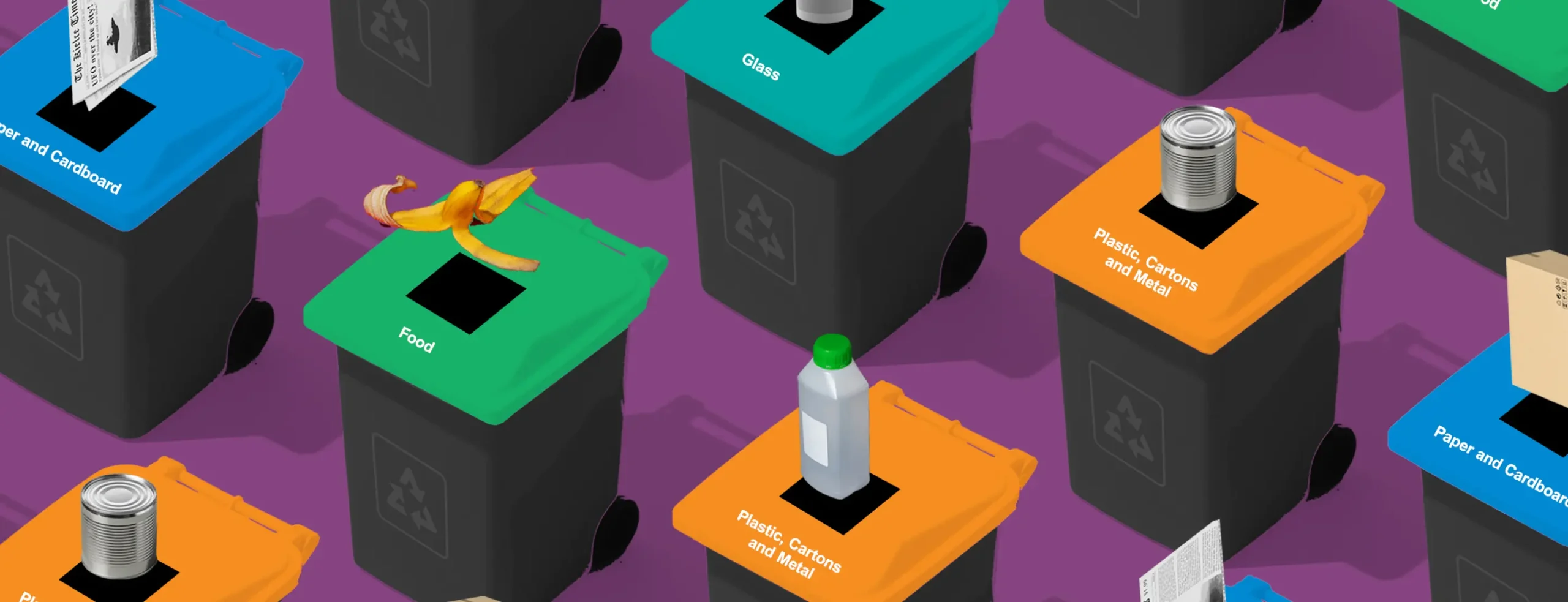Wales Launches Consultation on Next Phase of Workplace Recycling Reforms
The Welsh Government has launched a public consultation on proposed revisions to its Code of Practice for the Separate Collection of Waste Materials for Recycling in the workplace. The announcement, made by Huw Irranca-Davies, Deputy First Minister and Cabinet Secretary for Climate Change and Rural Affairs, marks the latest step in Wales’ ambitious drive to tackle climate change and strengthen its circular economy.
The consultation forms part of the next phase in the rollout of the Workplace Recycling Regulations, which came into force in April 2024. These regulations require all workplaces to sort recyclable waste streams—including paper, card, glass, metal, plastic, and food—prior to collection, ensuring that more materials are reused and diverted from incineration or landfill. The move is central to the Welsh Government’s commitment to addressing the climate and nature emergencies through practical, systemic reform.
One of the key proposals in the consultation is the inclusion of a new requirement for workplaces to separately present small waste electrical and electronic equipment (sWEEE) for recycling from 6 April 2026. Currently, only unsold sWEEE must be separated under the regulations. The change follows a phased approach first outlined in earlier consultations in 2019 and 2022/23, with additional plans for the inclusion of textiles and plastic film by April 2027.
The separate collection of sWEEE is expected to generate substantial environmental and economic benefits. A Regulatory Impact Assessment published alongside the consultation projects a reduction of 7,400 tonnes of CO₂ equivalent emissions and an increase of 38,000 tonnes of small electricals recycled over the next decade. Importantly, this will also help recover valuable resources, such as rare earth metals, from devices that would otherwise be discarded, reducing the need for virgin material extraction and supporting biodiversity preservation.
Beyond its environmental impact, the policy is forecast to stimulate economic activity. An estimated 91 new jobs could be created within the waste management sector, with a further reduction in waste fires caused by lithium-ion batteries, which are common in small electronics.
Wales continues to lead globally on recycling performance, ranking second in the world. The workplace recycling reforms are expected to deliver a cumulative net benefit of £194.6 million over 10 years, further demonstrating the value of embedding circular economy principles into everyday business operations.
The Cabinet Secretary emphasised that these steps will not only help Wales meet its net zero targets but also support Welsh manufacturers by providing a consistent supply of high-quality secondary materials. This aligns with the programme for Government’s broader ambitions to build a greener and more resilient economy.
The consultation offers stakeholders across sectors an opportunity to shape the implementation of these changes and ensure that the revised Code of Practice supports both compliance and positive outcomes. The Welsh Government is encouraging feedback to refine the proposals and continue the momentum behind one of the UK’s most progressive recycling strategies.
The written statement was issued during Senedd recess to keep Members informed. Huw Irranca-Davies has indicated his willingness to provide a further statement or take questions when the Senedd reconvenes.


